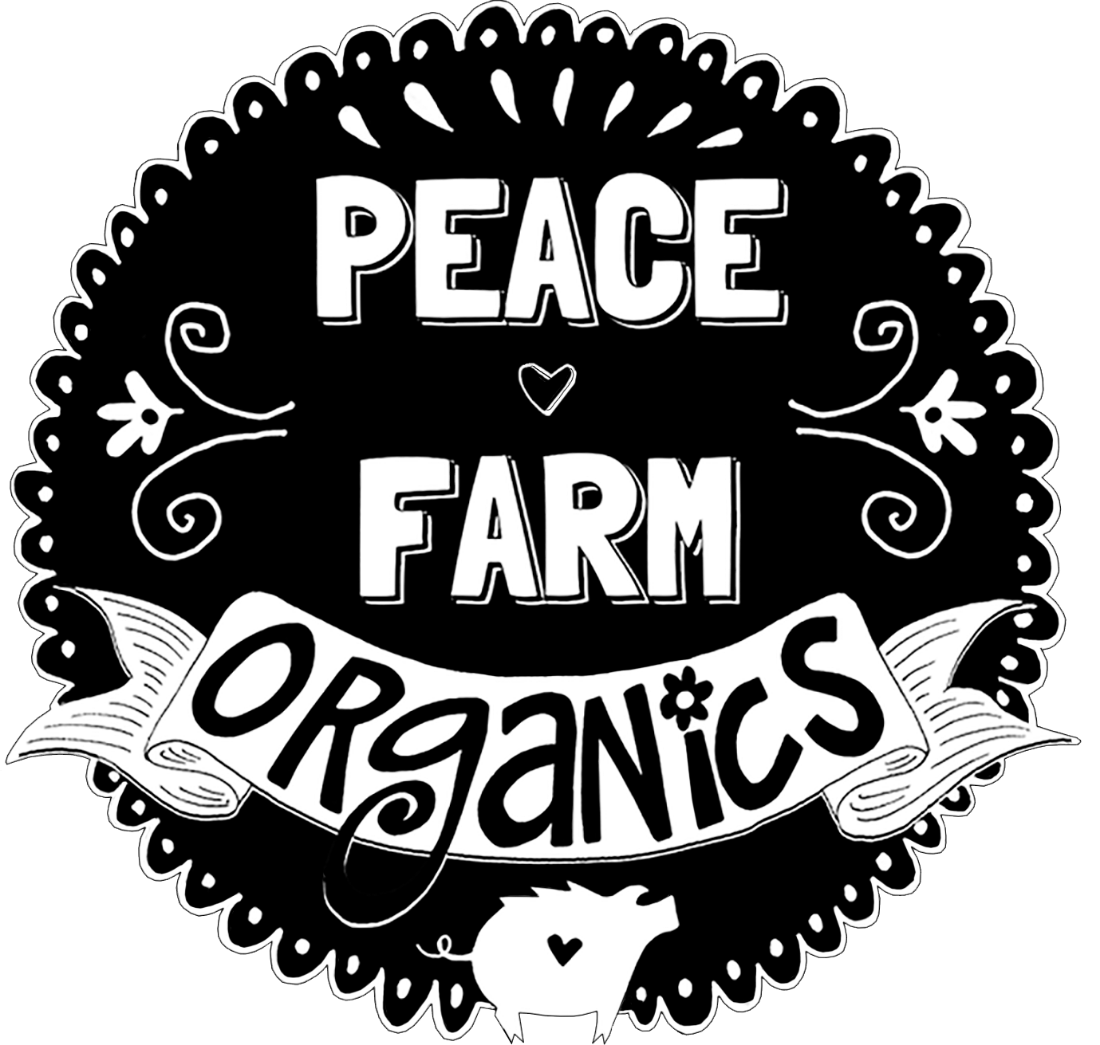Organic Dictionary
ANTIBIOTIC - A medicine commonly used to treat an infection; however in food production the antibiotic is used to prevent disease rather than to treat it. It's a successful process, but there's an ongoing debate about certain diseases becoming resistant to antibiotics after so many years of this practice.
FOOD ADDITIVE - A substance added to food to either make it taste better or to make it more appealing to the eye. This substance can be anything from food coloring to sweeteners to chemicals and many more.
GMO - Also known as Genetically Modified Organism, Genetically Engineered, or Genetically Modified. In layman's terms, it means the product wasn't produced in nature naturally. It was scientifically engineered. The purpose behind the modification is to enhance the product's ability to withstand specific threats, like herbicides or pesticides.
HEIRLOOM - Generally this term is only used for varieties of plants that were being grown before 1939. They were open-pollinated, meaning no hybrids. Open pollinated pretty much keep their parents' traits.
HFCS - High-fructose corn syrup. Corn syrup with added enzymes that modifies glucose into fructose.
HYBRID - Cross pollination of plants by natural means specifically to produce a hardier plant with a higher yield (meaning more produce). Farmer's have been doing it since the beginning of time. They use selective breeding. To give you an idea of just how far back selective breeding has been recorded in history, let's take a look at the development of modern corn. Ten thousand years ago, farmer's used selective breeding to turn maize into corn. Maize originally only had a few kernels. Early farmers used selective breeding to produce a hardier corn stalk with a fuller corn cob, like what we see today.
MSG - Monosodium glutamate. It's a sodium salt used to enhance the flavor of food. It's found naturally in some foods like tomatoes and cheese, but it's controversial because it's believed it can be harmful in large doses.
ORGANIC - (Per the USDA) GMO free and synthetic free, this includes synthetic fertilizer, pesticides, antibiotics, and food additives.
rBST - Commonly given to cattle to increase milk production. Basically, it's a synthetic hormone. Australia, Canada, Israel, Japan, and New Zealand haven't allowed their cattle to have rBST since 2000.
SYNTHETIC TRANS FATS - Trans fats occur naturally in some foods, but can be produced on the industrial level by adding hydrogen to vegetable oil. This produces a solid. It's used to make things like butter or shortening.





